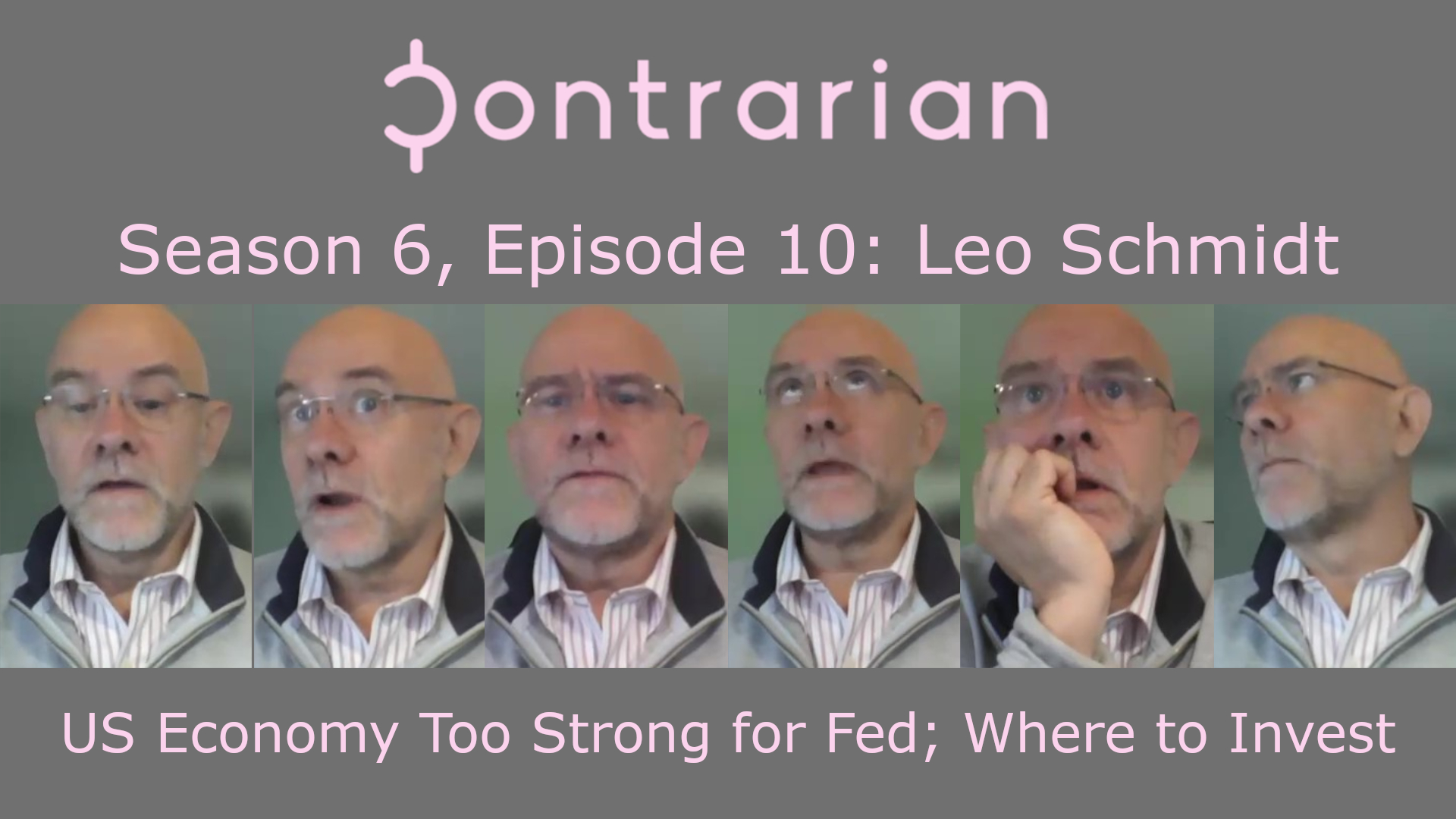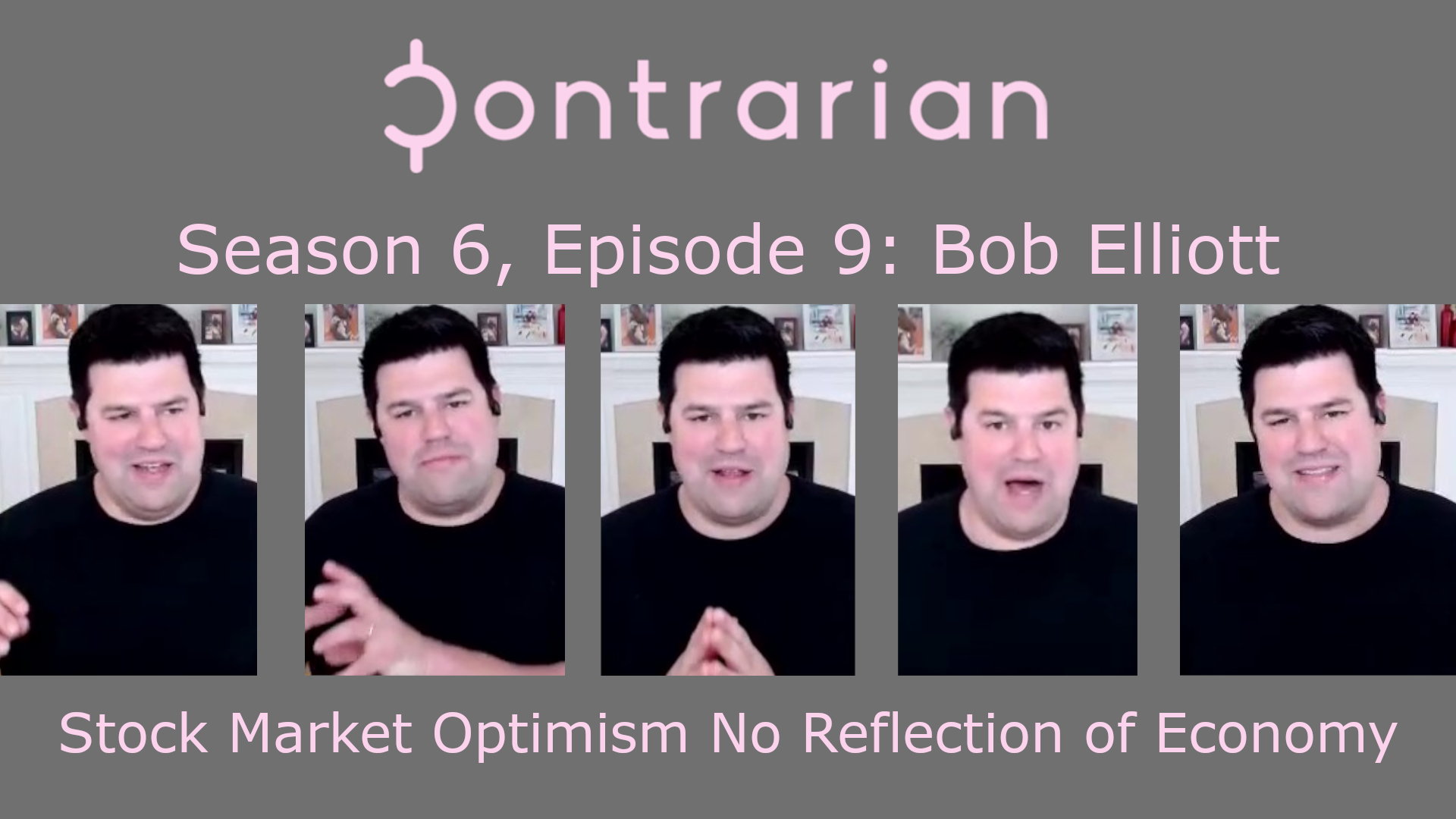This blog post is an amended version of the Daily Contrarian from July 10, 2024.
Federal Reserve Chair Jerome Powell in his Congressional testimony yesterday again put forward the case for rate cuts. “Elevated inflation is not the only risk we face,” Powell said. “Reducing policy restraint too late or too little could unduly weaken economic activity and employment.”
It may not sound like much, but this is some of the most dovish commentary we’ve gotten from Powell since before his 2022 Jackson Hole speech. It begs the question whether the economy is really in as dire enough shape to where rate cuts become necessary, presumably as soon as the FOMC meeting on Sept. 18.
Existing economic data doesn’t exactly shout slowdown, much less recession:
- Job production is still plentiful. Jobless claims are up a bit, but that’s from a low base.
- Retail sales may not be growing as much as they were early in the year, but are holding steady at a very high plateau.
- The housing market has slowed in certain parts of the country, but that might be more due to overbuilding than broader macroeconomic forces.
Conspiracy theories aside, it’s hard to see how the Fed could legitimately have an ulterior motive for cutting rates early. Either Jay Powell & Co are just stupid and reckless, or they’re trying to get ahead of things. Perhaps there’s a third alternative, which is that they’re setting the market up for rate cuts just in case they need them?
Come to think of it, even that gets into conspiracy territory. They probably are just concerned about the trajectory of the economy based on labor data and the housing market. Whether that is justified is another question entirely.
Leave a Comment

